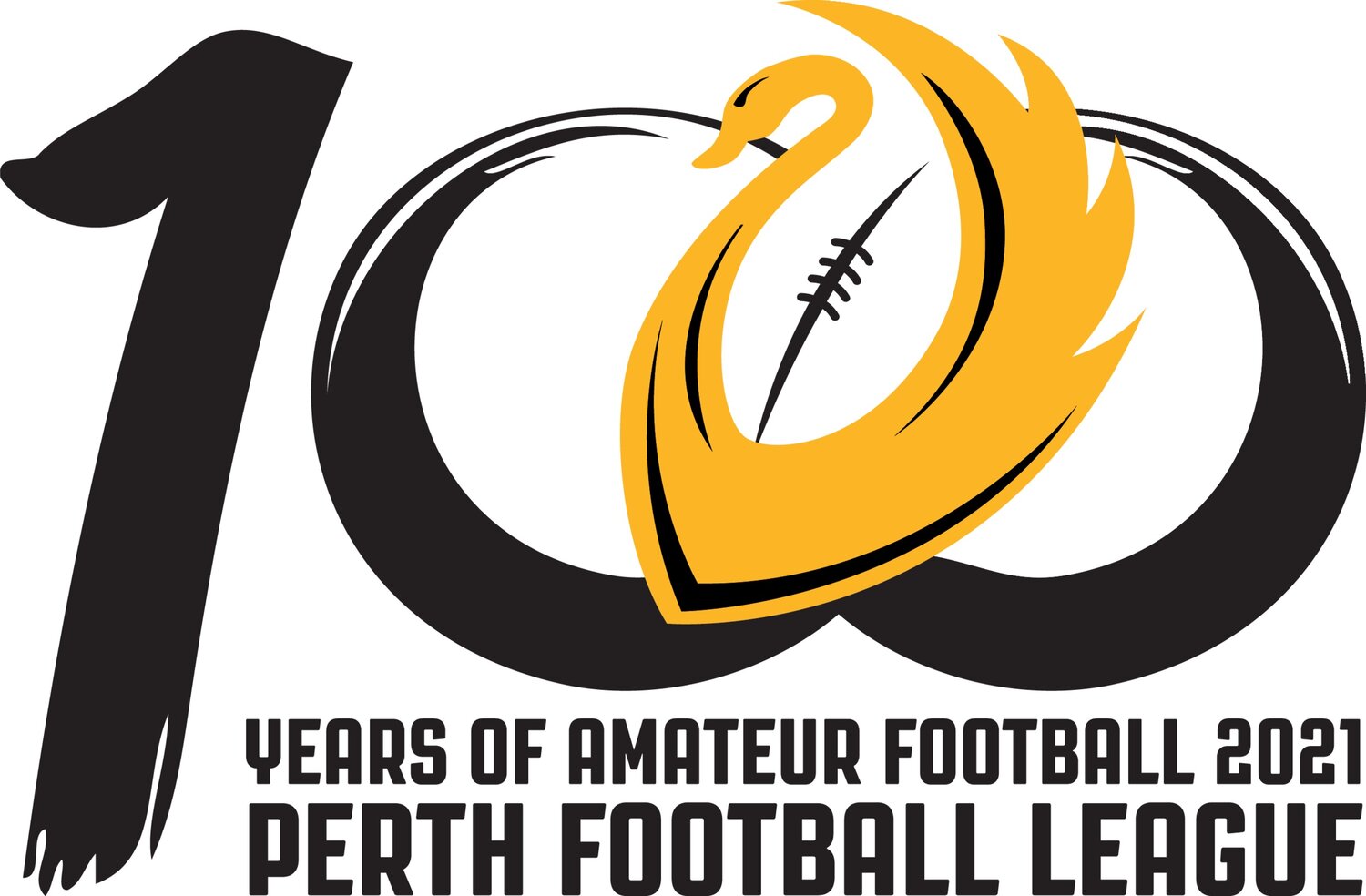Why not Saturday’s
Rossmoyne’s Tim Dawson speaks to Chris Egan
Almost every Perth Football Club has a unique story about the formation of their respective club. Tracing all the way back through a century of Perth Football League history, there are examples of clubs that have grown from seemingly nothing, except for deep community roots. For the Rossmoyne Football Club, this deep sense of community roots is a big part of the club’s origin, yet it wasn’t the primary reason. That was very simple.
A bunch of guys that just wanted to play footy on Saturday’s.
In terms of the initial players of the club, as long time Rossmoyne Football Club player, coach and former President Tim Dawson recounts, it came from a Sunday club background.
“Most of the original players were playing Sunday footy at Willetton and they wanted to play on a Saturday rather than a Sunday,” Dawson said.
The change of day for these first Rossmoyne players would prove to be a boon, as the decision to form a club in 1996 led to a string of three successive premierships for Rossmoyne in their first three seasons as part of the Perth Football League. They won the ‘G Grade’ premiership in 1996, ‘D Grade’ premiership in 1997 and the ‘C Grade’ premiership in 1998.
Looking back through the 25 year history of the Rossmoyne Football Club, it would prove that these early years would be the best in the club’s history so far. Ironically, it was intersecting again with Willetton that led to the club failing to reach the lofty heights they had set in their first three seasons.
“When Willetton was still playing Sunday’s was probably when we were our most successful and when Willetton folded out of the Sunday’s and came into the amateurs was when we sort of dropped off because they had a stronger junior club,” Dawson said.
Over the years though while the Rossmoyne juniors may not have had the depth that Willetton had. Rossmoyne were still reliant on the junior club to maintain a senior club, and vice versa. The junior and senior clubs have always had a close association which has led to success going both ways across the respective clubs history.
“There’s been ebbs and flows, depending on the strength of the juniors, how strong we are and the other way as well when we are stronger we get more support from the kids coming up because they want to play in a successful team,” Dawson said.
Having been involved at the club throughout its history, Dawson is well placed to speak about the culture and the importance that the club has had to its community. There is a sense in pride in being a club that has provided a game of footy for its local community throughout its history.
“It’s focused on being a football club for people in the community,” Dawson said.
“It’s all guys from the local area that have played at local clubs and it is a tight knit group because of that.”
Some 25 years later, this tight knit community club has those first players to thank, for choosing to play their footy on a Saturday.
